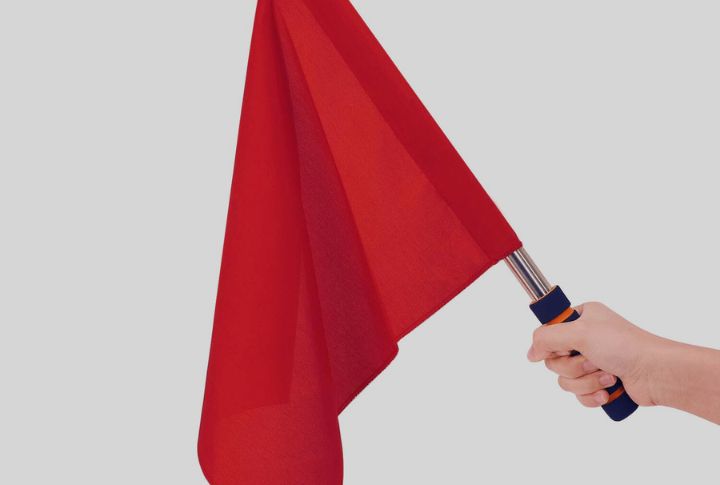Lifestyle
10 Glovebox Staples That Quietly Disappeared From American Cars

The glovebox wasn’t always a graveyard for crumpled napkins and expired coupons. It used to serve a real purpose—holding tools and tokens of the road. Each item had its moment. Some offered protection, others brought comfort or a laugh. But as car culture shifted, so did the habit. Here’s a look at what used to live in that little compartment.
Driving Gloves

Once a symbol of style and necessity, driving gloves protected hands from wooden steering wheels and the elements. These gloves provided a better grip and kept hands clean, a benefit that predated the advent of air conditioning and power steering, which made driving more comfortable.
Road Atlases

Before navigation apps, many gloveboxes had a dog-eared atlas or highway map marked with circles and coffee stains. Travelers relied on these detailed resources to chart cross-country adventures, plan scenic detours, and avoid getting lost on unfamiliar highways.
Flashlight

A compact flashlight was the driver’s secret weapon against unexpected nighttime breakdowns or lost items under the seat. Battery-powered and ready for action, this essential tool could easily turn a roadside mishap into a manageable inconvenience.
Cassette Tapes/CDs

Music lovers curated glovebox collections of favorite mixtapes and albums. Long road trips were soundtracked by the satisfying click of a cassette or the smooth slide of a CD, which created memories that playlists just can’t replicate.
Spare Change

Toll booths and parking meters made coins a necessity for driving. The glovebox turned into a mini bank, always good for a jingle and just enough change to get you through a toll or snag a soda when thirst hit mid-ride. It was low-tech convenience at its best.
Roadside Emergency Flags

Brightly colored emergency flags offered a lifeline during breakdowns. These flags signal distress when placed on the car or waved from the roadside. Before cell phones, they helped stranded drivers catch the attention of passing motorists and increase their chances of getting timely assistance.
Matchbooks

Collected from motels and roadside diners, matchbooks doubled as souvenirs and useful tools. They came in handy for lighting campfires or emergency flares. Once a common sight in gloveboxes, these tiny packs have mostly disappeared due to safety regulations and changing travel habits.
Napkins/Wet Wipes

Drive-through meals and spilled drinks were no match for a stash of napkins or wet wipes. These humble helpers tackled sticky fingers, dashboard crumbs, and coffee mishaps, keeping car interiors tidy during life on the go.
Disposable Film Cameras

Capturing spontaneous moments meant keeping a disposable camera nearby. Perfect for scenic views or surprise wildlife, it let drivers document adventures before smartphones took over. Each click carried suspense, with memories hidden until the film was developed and the trip’s surprises finally came to light.
Folding Maps For Local Attractions

Beyond the big road atlas, gloveboxes held bright, fold-out maps handed out at welcome centers and gas stations. These highlighted local spots—wax museums, cavern tours, and roadside oddities—that weren’t on national maps. They added spontaneity to trips, making detours feel like part of the plan, not accidents.

